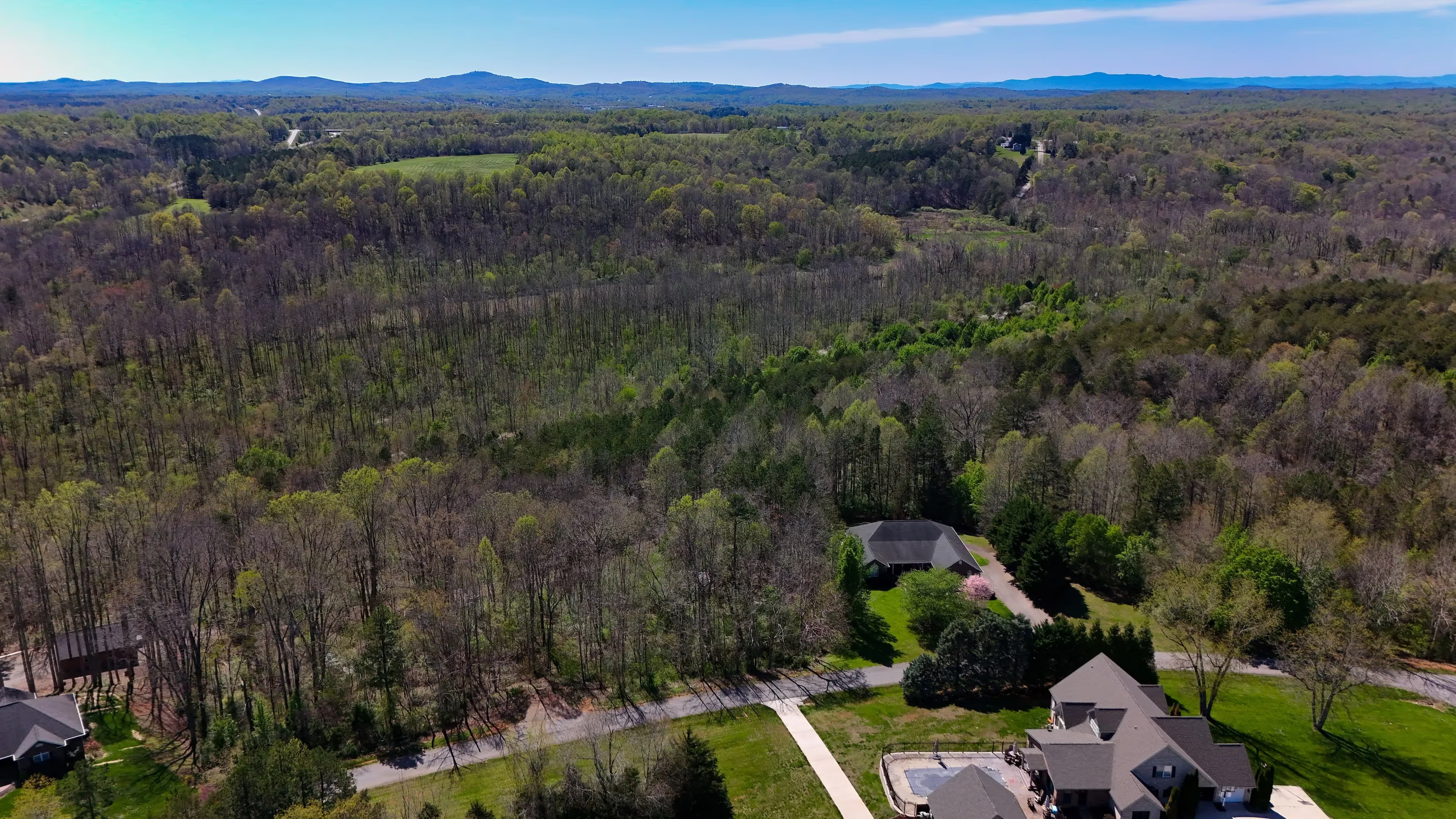
If you’ve ever thought, “I want to sell my land,” you may find that the traditional real estate route feels slow, uncertain, and full of hurdles. But there’s another option—one that simplifies the process, cuts out many middlemen, and aims to put money in your hands faster. In Indiana, companies focused on buying land directly make it possible to sell my land to them with comparatively less friction. Below, you’ll find a detailed look at how this works in Indiana, why many landowners choose this option, what you should watch out for, and how to approach the decision wisely.
Owning land often seems like a valuable asset—until it becomes a burden. Vacant lots, acreage with no use, land inherited from someone else, parcels that are expensive to maintain—these can all erode the perceived benefit of ownership. If your land isn’t generating income, you’re paying property taxes, upkeep, insurance, and facing ongoing liability, all without getting much back in return.
When someone says they want to sell my land, the typical path (list with an agent, market the property, host showings, wait for a buyer with financing, handle inspections) can drag for months—or even a year or more. That’s why many Indiana landowners are exploring direct-buyer options: you sell your land straight to an investor or land buying firm, often for cash, in a much shorter timeframe. This method promises speed, fewer complications, and greater certainty—especially appealing when you want to move on or reallocate your capital.
How Direct Land Purchase Works in Indiana
The process of selling land directly (or “we buy land” style operations) in Indiana generally follows a more streamlined path. Here’s a typical sequence:
1. Submit Basic Property Information
You provide details about your parcel: location (county, address, legal description), size (acreage), topography, access (roads, driveways), utility availability (if any), and any known issues (easements, wetlands, encroachments).
2. Preliminary Review & Offer
The buyer evaluates your data, looks up county records (title, tax status, liens, easements), and reviews comparable land sales in the area. Based on this, they will present a cash offer that reflects risk, repair or access costs, and market demand.
3. Accept or Negotiate
If you’re satisfied with the offer, you accept. If not, you may negotiate adjustments. Because no lender is involved, there’s less risk of financing falling through.
4. Due Diligence & Closing
The buyer (or their title company) proceeds with more detailed title search, ensures there are no major surprises, prepares closing documents, and finalizes the transfer. You sign necessary paperwork, often via a local notary or closing agent.
5. Transfer & Payment
On the closing date, you receive funds (often via wire transfer or check), and ownership shifts to the buyer. After that, you have no further liability for taxes, maintenance, or insurance on that land.
In many cases, this entire process can take a few days to a few weeks—far less than the months the traditional route might require.
Benefits of Choosing to Sell Your Land Directly
For many sellers in Indiana, opting to sell my land via direct buyer offers several compelling advantages:
- Speed and certainty: No waiting for buyer financing, lengthy contingencies, or drawn-out buyer inspections.
- No agent commissions: Because you’re transacting directly with the buyer, there’s often no real estate agent fee to deduct from your proceeds.
- “As-is” sale: You typically don’t need to make repairs, clear brush, improve access, or invest more to make the land marketable.
- Simplicity: Fewer showings, less negotiation drama, and less overhead in marketing the land.
- Reduction of ongoing costs: Once sold, you’re free from future property taxes, upkeep, liability, and more.
All of these features make direct land sales especially attractive for landowners who want to avoid the hassle or uncertainty of a conventional listing.
What to Watch Out For When You Sell Your Land
Selling property is a significant transaction, and even with a streamlined model, due diligence is essential. Here are key considerations:
Discounted Offers
Cash buyers assume more risk, so their offers may come in lower than what you might fetch through a fully marketed sale. Be ready to assess whether the tradeoff in convenience is worth a lower price.
Verify Buyer Credibility
Not all buyers are equal. Ask for proof of funds, check their track record in Indiana, request references, and ensure they will use a proper title company or escrow agent. You don’t want a buyer who disappears mid-process.
Title, Liens, & Encumbrances
Existing liens, back taxes, easements, or unclear ownership histories can complicate—or even block—the sale. A good buyer will help you identify and resolve these challenges. You want to make sure you truly own the property and can legally transfer it.
Closing Costs & Fees
Clarify before you commit who pays for title insurance, recording fees, transfer taxes, and closing costs. Some buyers take on these costs, others deduct them from your payout.
Zoning, Access, & Local Regulations
Ensure the buyer understands local Indiana county zoning laws, land use restrictions, and access issues (especially for parcels without road frontage). If the land is landlocked or lacks legal access, that can drastically affect value or deal viability.
Reasonableness of Terms
Ask for the draft contract in advance. Ensure timelines, terms, responsibilities are transparent—especially regarding when funds are delivered, any contingencies, and how issues discovered during title work will be handled.
What Kinds of Land Can You Sell
Many direct land buyers will consider a wide range of property types, including:
- Vacant and undeveloped lots
- Rural acreage and raw land
- Agricultural plots or farmland
- Timber or wooded parcels
- Parcels with limited access or infrastructure
- Inherited land or land you don’t want
- Parcels that need cleanup, logging, or other investment before resale
Even land with imperfections—difficult terrain, lack of utilities, limited road frontage—can still be appealing for buyers who see potential, whether through resale, conservation, timber, or future development.
How to Maximize Your Outcome When You Sell Your Land
If your goal is to sell my land with confidence and get the best reasonably possible deal, here are strategies to help ensure success:
- Prepare your documentation early: Have legal description, survey maps, tax records, and deed copies ready.
- Do your research: Look up recent comparable land sales in your county to understand relative market value.
- Be transparent about issues: Disclose known easements, access problems, or title quirks—surprises later only harm trust.
- Ask for draft contract: Review all terms, ask for changes, and ensure cost responsibilities are clearly stated.
- Don’t rush: If the first offer seems low, you can try negotiating or getting multiple offers.
- Confirm buyer competence: Validate their experience in Indiana land deals, their funding sources, and the closing method.
- Get everything in writing: Every promise, timeline, and term should be documented.
Sample Scenario: How Someone in Indiana Might Sell Their Land
Imagine Jane inherited a 15-acre wooded parcel in a rural corner of Indiana. It has no utilities, and only a narrow dirt lane provides access. She doesn’t foresee using it, but it costs her every year in taxes, liability, and maintenance headaches. She decides she wants to sell my land rather than try the slow route of listing it conventionally.
She contacts a land buying firm that specializes in Indiana. They ask for parcel details, location, acreage, and photos. Within a few days, they return an offer, reflecting expected costs to clear access, account for soil conditions, and clean up underbrush. After a brief negotiation, Jane accepts. Within a week, the buyer handles title work, arranges closing, and wires the funds. Jane signs the paperwork, transfers ownership, and walks away—no more tax bills, no more upkeep.
If she had tried a traditional listing, it might’ve sat unsold for months while prospective buyers financed, inspected, negotiated. Instead, by opting to sell directly, she converted her burden into tangible cash quickly and cleanly.
When the Traditional Route Still Makes Sense
While direct land purchase is appealing in many cases, there are scenarios where listing the property makes sense:
- You believe your land has significant development potential and may command a much higher price on the open market.
- You want to expose your parcel to multiple buyers to spark competitive bidding.
- The direct offer you receive is far below what comparable properties have recently sold for.
- You prefer full control over marketing, offers, and contract negotiation—even at the cost of more time and uncertainty.
In some cases you might try a hybrid approach: start by exploring direct offers to see what’s out there, and if you don’t get what you find acceptable, pivot to a listing-based strategy.
Final Thoughts
If your Indiana parcel is more liability than asset, deciding to sell my land directly to a buyer is often a smart, efficient path. You trade off some potential upside for speed, less hassle, and greater certainty. But the benefits—no agent commissions, fewer headaches, fast closing—are compelling for many landowners who want liquidity and closure, not months of uncertainty.
As you deliberate, hold firm to your minimum acceptable offer, vet every buyer rigorously, and demand clear, written terms. That way, when you decide to sell your land, you do so on your own terms—and with confidence.
